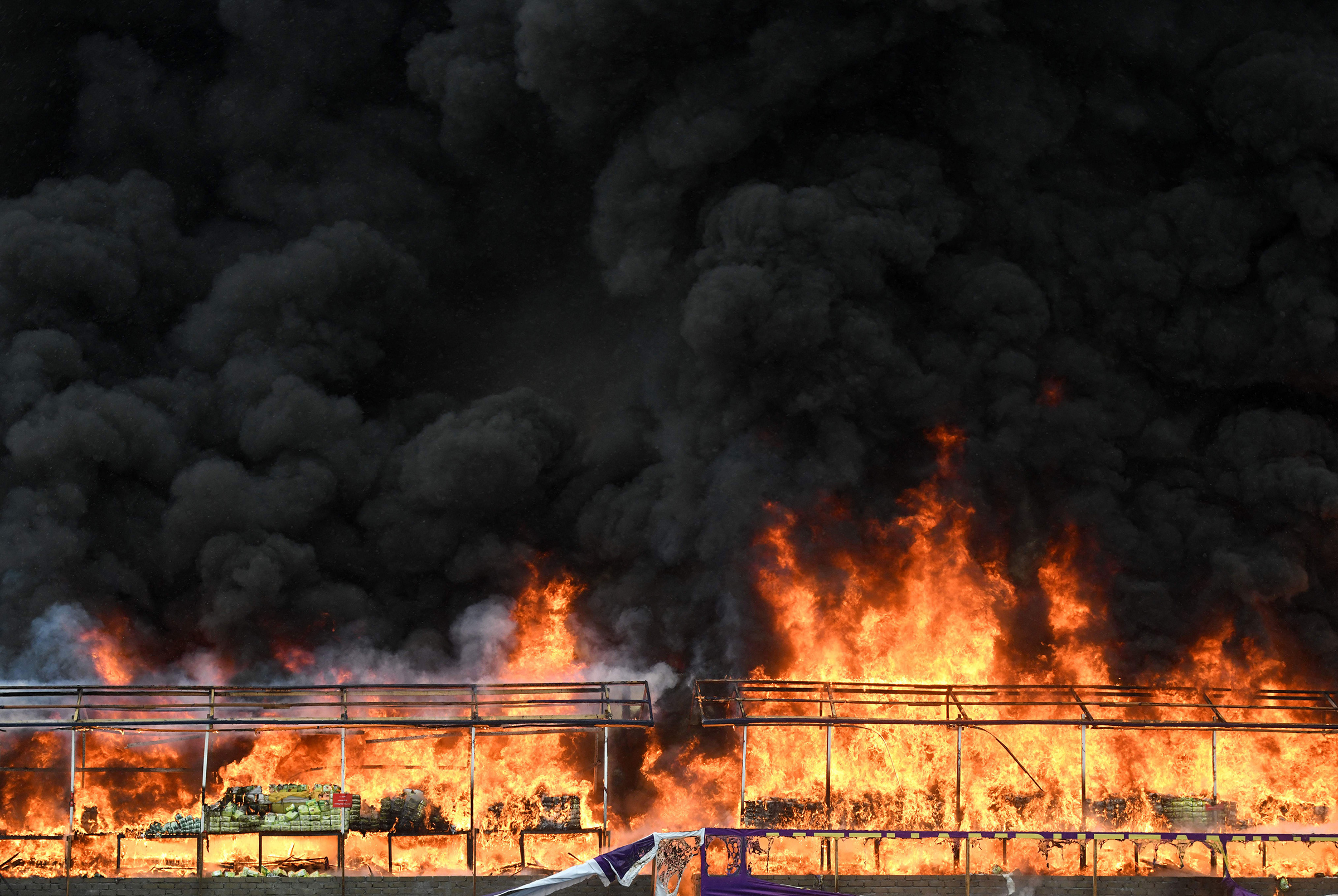Ukraine and its most ardent supporters within NATO are airing frustrations that the bloc can do more to confront Russia, even as the alliance’s summit in Washington focuses largely on Western efforts to rein in Russian President Vladimir Putin.
Ukrainian President Volodymyr Zelensky and leaders of other countries on the front line with Russia warned against the alliance watering down language, self-imposing red lines, and holding back concrete commitments to deter and push back Russian aggression in Ukraine and surrounding countries.
At the top of the list is getting President Biden to lift restrictions on the use of U.S.- and allied-provided weapons to strike military targets up to 300 miles inside Russian territory. Biden, in May, said Ukraine can hit inside Russia near the area of Kharkiv.
“If we have this very special weapon, some of them we have, and if we can use it on the territory of Russia, especially on these military targets, if we can do it, of course we can defend civilians, hospitals, schools, children, we can do it,” Zelensky said in conversation at the Reagan Institute in Washington on Tuesday night.
Source: NATO urged to do more to counter Russian aggression in Ukraine







